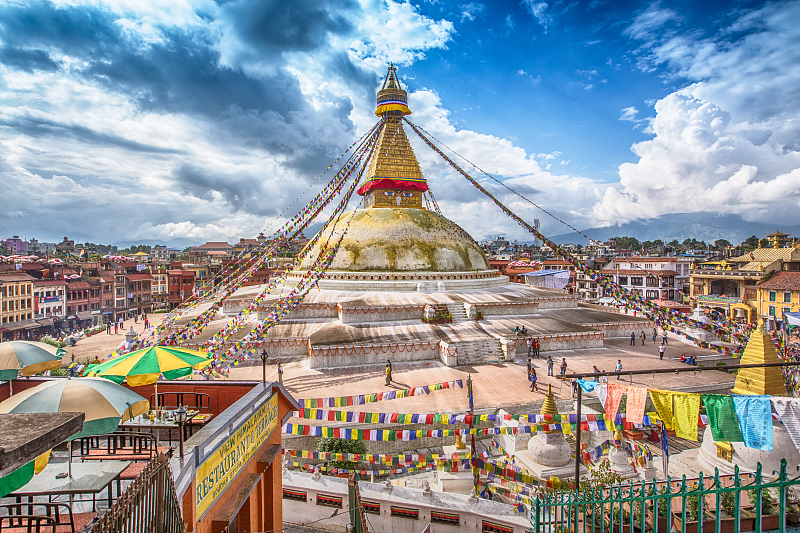Nepal's authorities are preventing police and prosecutors from pursuing wartime crimes from the conflict between Maoist rebels and the state which ended in 2006,contributing to a culture of impunity, Human Rights Watch said Friday.

Photo: VCG
More than 16,000 people died in the 10-year civil war and over a thousand went missing.
Just two convictions related to war-era crimes have been handed down in civilian courts, one linked to the murder of a teenage girl and the other concerning the killing of a journalist.
War crimes were to be probed by two commissions set up in 2015 but they have not resolved a single case despite more than 65,000 complaints.
In a new report on the 14th anniversary of the peace deal, the New York-based rights group urged Nepal's government to lift all restrictions on police and prosecutors which prevent them from pursuing conflict-era human rights cases and amend the transitional justice law to ensure that there is no amnesty for gross human rights violations.
"The government of Nepal has maintained a robust commitment to impunity, protecting alleged abusers at the expense of victims' rights and undermining the rule of law," Meenakshi Ganguly, South Asia director at Human Rights Watch, said in a statement.
"Rather than providing truth and reconciliation, the weak transitional justice structures have been used to create delays and make excuses to avoid criminal investigations or essential reforms."
The report, "Indifference to Duty: Impunity for Crimes Committed in Nepal", was compiled with Nepali rights group Advocacy Forum and tracks progress on 62 cases of killings, disappearances, and torture the groups first documented in 2008.
They found little movement towards convictions, with police and prosecutors saying that "the government has told them these cases will be handled by transitional justice mechanisms".
"It is true that some conflict-era cases are put on hold in regular courts for victims to get justice through the transitional justice mechanism," attorney general and former law minister Agni Kharel said.
"But alternate options may be explored if the process is prolonged for an indefinite period without results."
Other government officials were not available for comment.
Suman Adhikari, whose father was killed by the Maoists in 2002, said in the report that victims and their families were still searching for truth, justice, and reparation.
"It is really frustrating to the victims waiting for justice," he said.
Critics say Nepal's truth and reconciliation process has been poorly designed from the outset and stymied by a lack of funding and political will.
In 2015, the Supreme Court of Nepal ruled that laws passed by the government to remedy war-era grievances did not meet international scrutiny. But five years on amendments have still not been made.


